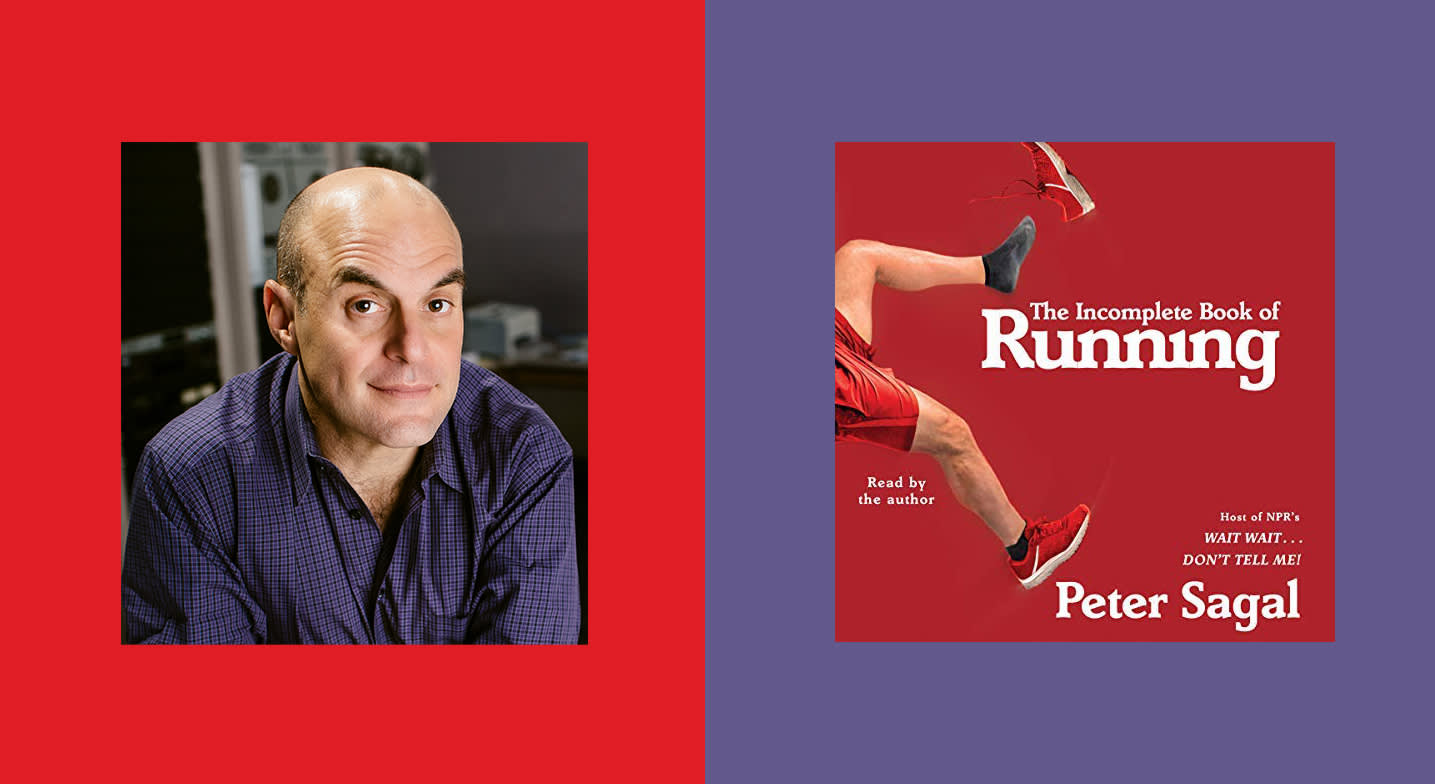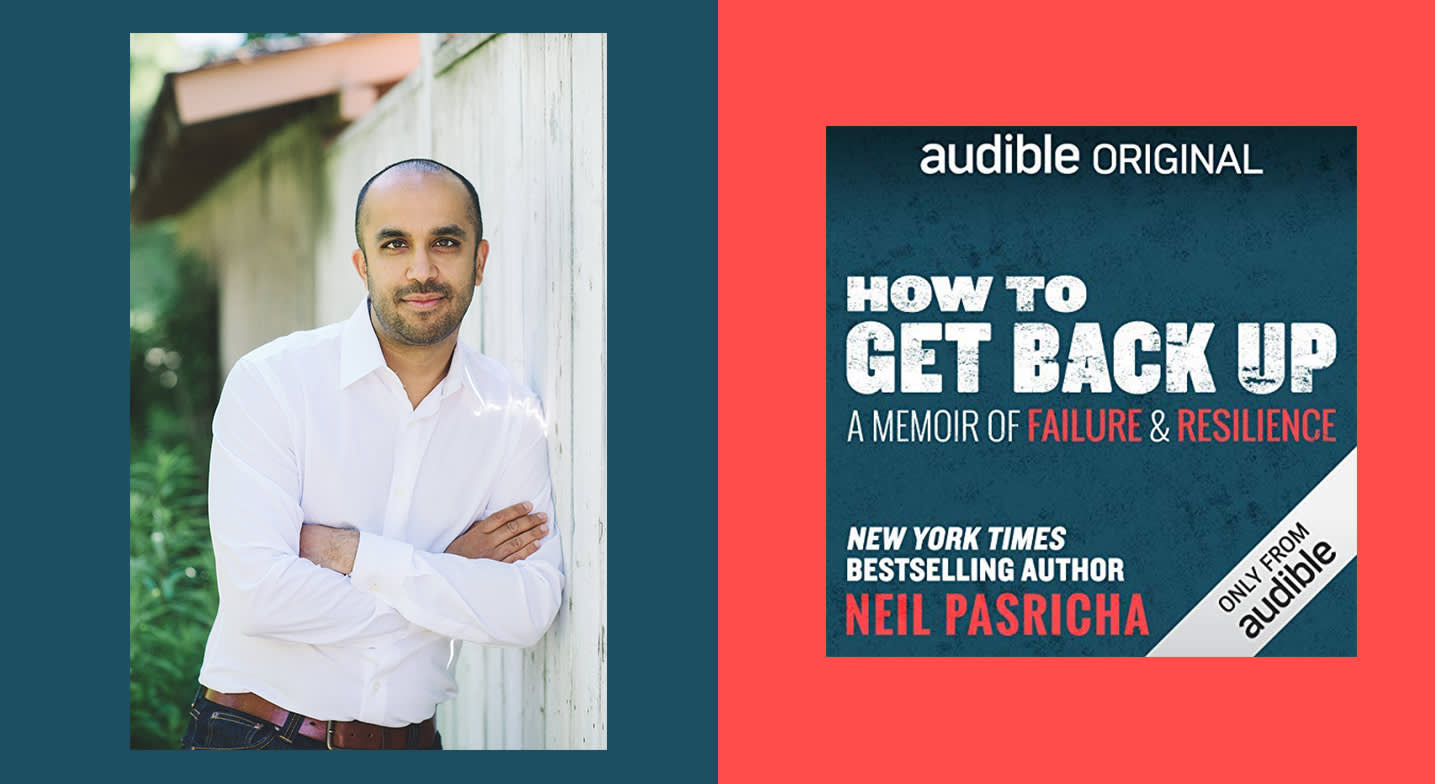Have you been trying to change certain habits or routines for years, and you're not sure why you're not moving forward? Do you wake up every morning to an alarm clock that you turn off five times before getting out of bed, make endless to-do lists that never get done, and feel like your career is unfulfilling at best?
If any of the above ring true for you, the problem isn't you, it's that you're working on solving the wrong problem. Instead of asking "Why the f*** am I still doing this?!" let's change the inquiry and end the self-sabotaging behavior. Once you get to the root, you'll be able to change absolutely any behavior. I promise. If you struggle with sticking to a plan and making real, sustained change, this article is going to be a huge relief for you.
It's time to stop beating yourself up if you're stuck in old patterns. I'm going to show you how with science-backed tools that are proven to help you identify the root causes of your stress, and allow you to move forward with your life.
1. Procrastination
Some really smart people have devoted their lives to researching procrastination. The findings? Procrastination has nothing to do with laziness, lack of work ethic, or your ability to be productive. It has everything to do with the stresses in your life. If you procrastinate, stuff like making to-do lists, buying new planners, and trying all of the time-management hacks will never work.
Until you go to the root cause of why you procrastinate -- which is stress in some area of your life -- you'll keep blowing off work in order to binge on cat videos. Cat videos relieve your brain of stress in the moment, making your brain feel like the overall stress in your life is gone. Whether your stress is related to something simple or serious, the same rule applies. Go to the root and take those stresses out of your life. And if you experience repeated stress related to things in your past, you may struggle with PTSD. As counterintuitive as it may seem, the best solution for your procrastination problem is EMDR or other targeted therapy. (Editor's note: Agreed! Reach out to your favorite medical professional to explore your treatment options.)
2. You've tried to quit bad habits but you can't.
Habits are behaviors that get encoded into our brains. They are regulated by a trigger. When you feel, hear, smell, sense, or taste the trigger, your body automatically, without thinking, starts what researchers call a "habit loop." The relief: all habits can be broken.
The first step is to understand that the root of a habit is a trigger.
If you're trying to quit smoking, just using the patch will never be enough. Even after the physiological dependence leaves your body, all of those million triggers are still there. With cigarettes, there's the trigger of "the alarm goes off, I need a smoke." There's the "I just brushed my teeth, I need a smoke." There's the "I just poured a cup of coffee" and the smell of the coffee, the time of day, the sound of it hitting the cup, that all triggers the part of your brain that goes into automatic.





